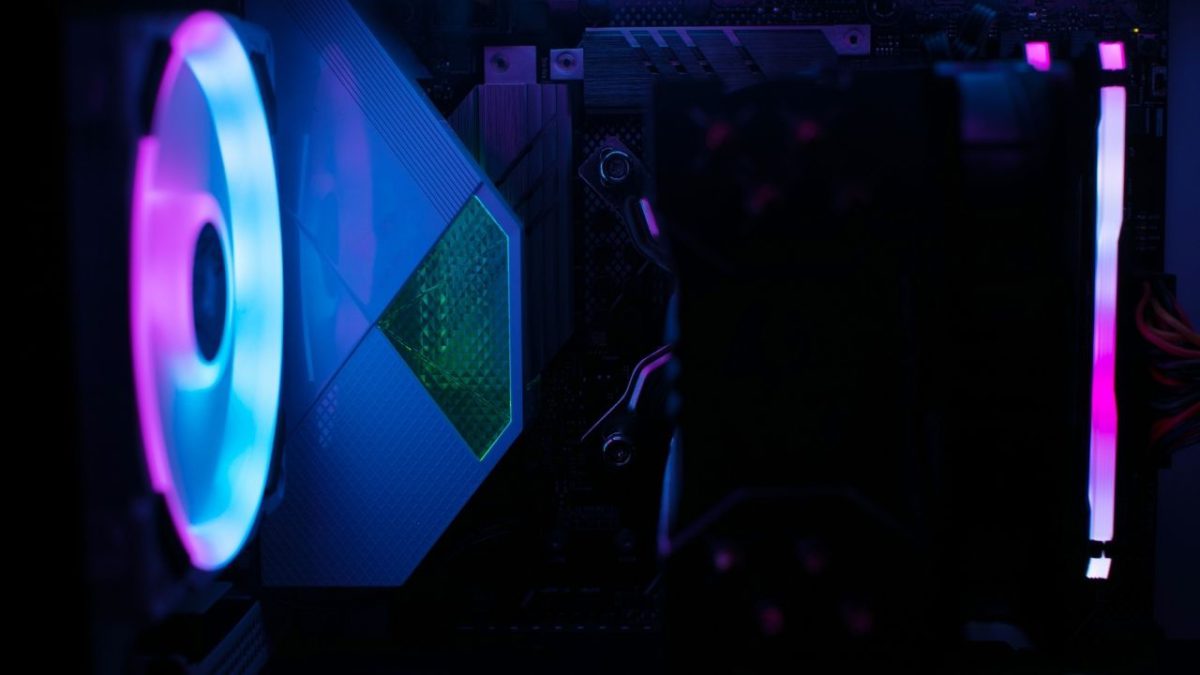Understanding Provably Fair Gaming and the Transparency of Blockchain-Based Systems
The digital age has revolutionized countless industries, and gaming is no exception. From casual mobile games to complex esports titles, the way we play and interact with games has transformed dramatically. However, with this digital evolution comes new challenges, particularly concerning fairness and transparency.
How can players be sure that the games they play are truly random and unbiased? This is where blockchain technology enters the picture, offering the potential to revolutionize gaming through provably fair systems. This article explores the concept of provably fair gaming, examining how blockchain technology can enhance transparency and trust in the digital gaming world.
The Challenge of Trust in Digital Games
In traditional digital games, the game’s logic and outcome are often controlled by a centralized server. This means that the game developer or operator has significant control over the game’s mechanics, including the random number generation that determines outcomes.
This lack of transparency can lead to concerns about fairness. Players may wonder if the game is rigged against them or if the odds are truly as advertised. This is especially relevant in online casino games, where financial transactions are involved. For obvious reasons, ensuring fairness in gambling games is crucial for the entire concept to work and remain legal.
Online slot sites have become particularly popular as slots are the world’s most popular casino game. Their fast-paced action and potential for large payouts make them engaging and incredibly exciting, but the reliance on centralized systems for random number generation can raise questions about fairness. However, with many of the best online casino platforms now offering blockchain-based gaming, their slot offerings use provably fair technology to leave no doubt.
The underlying blockchain technology that makes it possible also provides for other niche perks. Some of these include instant withdrawals, unique bonuses, and the ability to bet using cryptocurrency. These are all benefits that are becoming very popular among players and that are changing the industry standards demanded by them.
How Blockchain Enables Provably Fair Gaming
To address the inherent trust issues in digital gaming, blockchain technology presents a novel approach by establishing a decentralized and open platform for validating both the game mechanics and the results. With a provably fair setup, the foundational code governing the game, along with the process used to generate random outcomes, is inscribed on the blockchain—a publicly accessible and unalterable record.
This empowers players to independently confirm the integrity of each game’s result. The core of this system’s reliability is the utilization of cryptographic hash functions. These specialized functions accept an input (like a game seed, or a fusion of player and server-generated seeds) and create a distinct, fixed-length output.
Critically, even the smallest alteration to the initial input will produce a dramatically different final output. This characteristic renders it practically impossible to subtly adjust the input to influence a desired outcome.
This makes it virtually impossible to manipulate the input to achieve a desired outcome. Both the player and the game server contribute to the generation of a unique seed for each game—similar to technology that helps keep crypto wallets secure. This seed is often a combination of random numbers or strings. The seed is then passed through a cryptographic hash function, generating a unique hash value. This hash value is recorded on the blockchain. The game’s outcome is determined based on the seed.
Because the seed is known and the hash function is public, players can independently verify that the outcome was generated fairly. After the game, players can access the seed and the hash value from the blockchain. They can then run the seed through the same hash function themselves to confirm that the hash value matches the one recorded on the blockchain. This proves that the game outcome was not tampered with.
Benefits of Provably Fair Gaming
Provably fair gaming offers several significant advantages. It increases transparency, allowing players to verify the fairness of each game, fostering trust and confidence. This transparency empowers players, giving them a sense of control and assurance that the game isn’t rigged.
It reduces the risk of manipulation, as the decentralized and immutable nature of the blockchain makes it extremely difficult for game operators or other players to tamper with game outcomes. This enhanced security is a major draw for players concerned about fairness. It enhances trust between players and game operators, creating a more positive and collaborative gaming environment.
It can lead to greater player engagement and loyalty, as players feel more confident that they are playing a fair game, leading to increased enjoyment and longer play sessions. Finally, it allows for innovation in the gaming industry, opening up new possibilities for more complex and interactive games with verifiable outcomes, pushing the boundaries of what’s possible in online gaming.
Conclusion
The integration of blockchain technology into gaming, particularly through provably fair systems, represents a significant step forward in enhancing transparency and trust. By allowing players to independently verify the fairness of game outcomes, blockchain is empowering players and creating a more level playing field.
As the technology matures, we can expect to see even more innovative applications of blockchain in the gaming industry. These can further transform the way we play and interact with digital games.
Stay informed with daily updates from Blockchain Magazine on Google News. Click here to follow us and mark as favorite: [Blockchain Magazine on Google News].
Get Blockchain Insights In Inbox
Stay ahead of the curve with expert analysis and market updates.
latest from tech
Disclaimer: Any post shared by a third-party agency are sponsored and Blockchain Magazine has no views on any such posts. The views and opinions expressed in this post are those of the clients and do not necessarily reflect the official policy or position of Blockchain Magazine. The information provided in this post is for informational purposes only and should not be considered as financial, investment, or professional advice. Blockchain Magazine does not endorse or promote any specific products, services, or companies mentioned in this posts. Readers are encouraged to conduct their own research and consult with a qualified professional before making any financial decisions. The featured image used is just a creative depiction of the title and it does not intend to hurt sentiments of any person or institution. If it hurts anyone sentiments, please do not hesitate to reach out to Blockchain Magazine.

 Bitcoin
Bitcoin  Ethereum
Ethereum  XRP
XRP  Tether
Tether  Solana
Solana  USDC
USDC  Dogecoin
Dogecoin  Cardano
Cardano  Lido Staked Ether
Lido Staked Ether  TRON
TRON  Chainlink
Chainlink  Wrapped Bitcoin
Wrapped Bitcoin  Sui
Sui  Wrapped stETH
Wrapped stETH  Avalanche
Avalanche  Stellar
Stellar  Hedera
Hedera  Toncoin
Toncoin  Shiba Inu
Shiba Inu  LEO Token
LEO Token  Hyperliquid
Hyperliquid  Bitget Token
Bitget Token  Litecoin
Litecoin  WETH
WETH  USDS
USDS  Polkadot
Polkadot  Bitcoin Cash
Bitcoin Cash  Ethena USDe
Ethena USDe  MANTRA
MANTRA  Wrapped eETH
Wrapped eETH  Uniswap
Uniswap  Ondo
Ondo  Pepe
Pepe  Monero
Monero  Aave
Aave  WhiteBIT Coin
WhiteBIT Coin  NEAR Protocol
NEAR Protocol  Mantle
Mantle  Official Trump
Official Trump  Aptos
Aptos  Dai
Dai  Internet Computer
Internet Computer  Ethereum Classic
Ethereum Classic  Bittensor
Bittensor  Cronos
Cronos  OKB
OKB  POL (ex-MATIC)
POL (ex-MATIC)  Gate
Gate 



